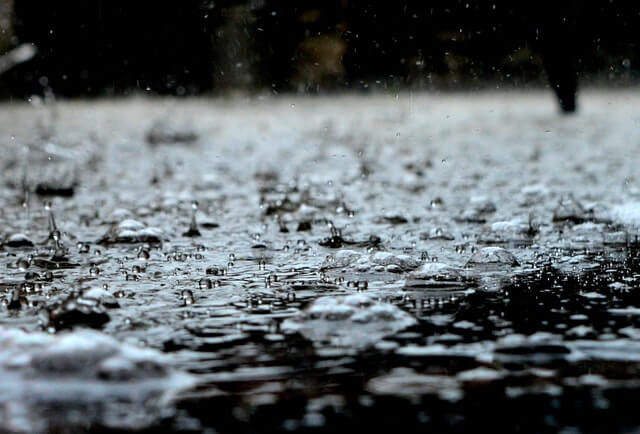While hurricane season begins on June 1, it’s never too late or too early to prepare for storm damage to your home. As we know here in Florida, hurricanes can cause a lot of damage in a short amount of time, so it is best to be as prepared as possible. In this blog, you will find information on what you need to do to prevent damage to your home and to protect yourself and your family in the event of a hurricane.
Safety First
While it is important to take steps to prevent hurricane and flood damage to your home, the first thing that you need to do is develop a plan for you and your family’s safety. In addition to building your own hurricane disaster kit and creating a disaster plan for the whole family, you should also review your evacuation plan. During hurricane season, the most important thing to remember is that homes can be replaced—your family can’t.
Retrofit Your Home to Prevent Flood and Storm Damage
Much of the damage that your home can sustain during a hurricane comes from two things: flooding and high winds. Heavy rainfall and storm surges can affect homes that are many miles inland, so it’s critical to prepare for flooding even if you don’t think you’ll be affected. There are six ways to retrofit your home for flooding:
- Demolition and reconstruction
- Relocation
- Elevation
- Wet floodproofing
- Dry floodproofing
- Barrier construction
You should also make sure to retrofit your home to withstand storm damage from wind and debris. Retrofitting your home to prevent wind damage strengthens the roof, walls, windows, and doors to minimize damage during a hurricane. The Federal Emergency Management Agency, or FEMA, offers homeowners a guide for retrofitting their homes here.
Remove or Secure Objects that Could Damage Your Home
When hurricanes hit, retrofitting your home may not be enough to prevent storm damage. You also have to secure items outside that could become airborne and strike your house. Even objects that don’t seem hazardous can cause significant damage to windows, doors, and siding when hurricane-force winds are present. Before evacuating, be sure to remove or secure items like patio furniture, grills, trashcans, and other everyday objects that could be blown into your home. If you have any trees or large shrubs near your house, either remove them or tie them down to prevent them from falling on your home.
Check Your Insurance Policies
It’s also important to check and update your homeowner’s insurance policy to see what is and isn’t covered. If you don’t have flood insurance, consider purchasing a policy because damage from flooding is one of the most damaging aspects of hurricanes, and flooding is not typically covered under homeowner’s insurance.
Contact Us If You Need Help Getting Compensation from the Insurance Company
Hurricanes can be devastating, but you should be able to recover the compensation you need to make repairs if you are covered under an insurance policy. Contact us today if you need help getting the money you need to move on.

